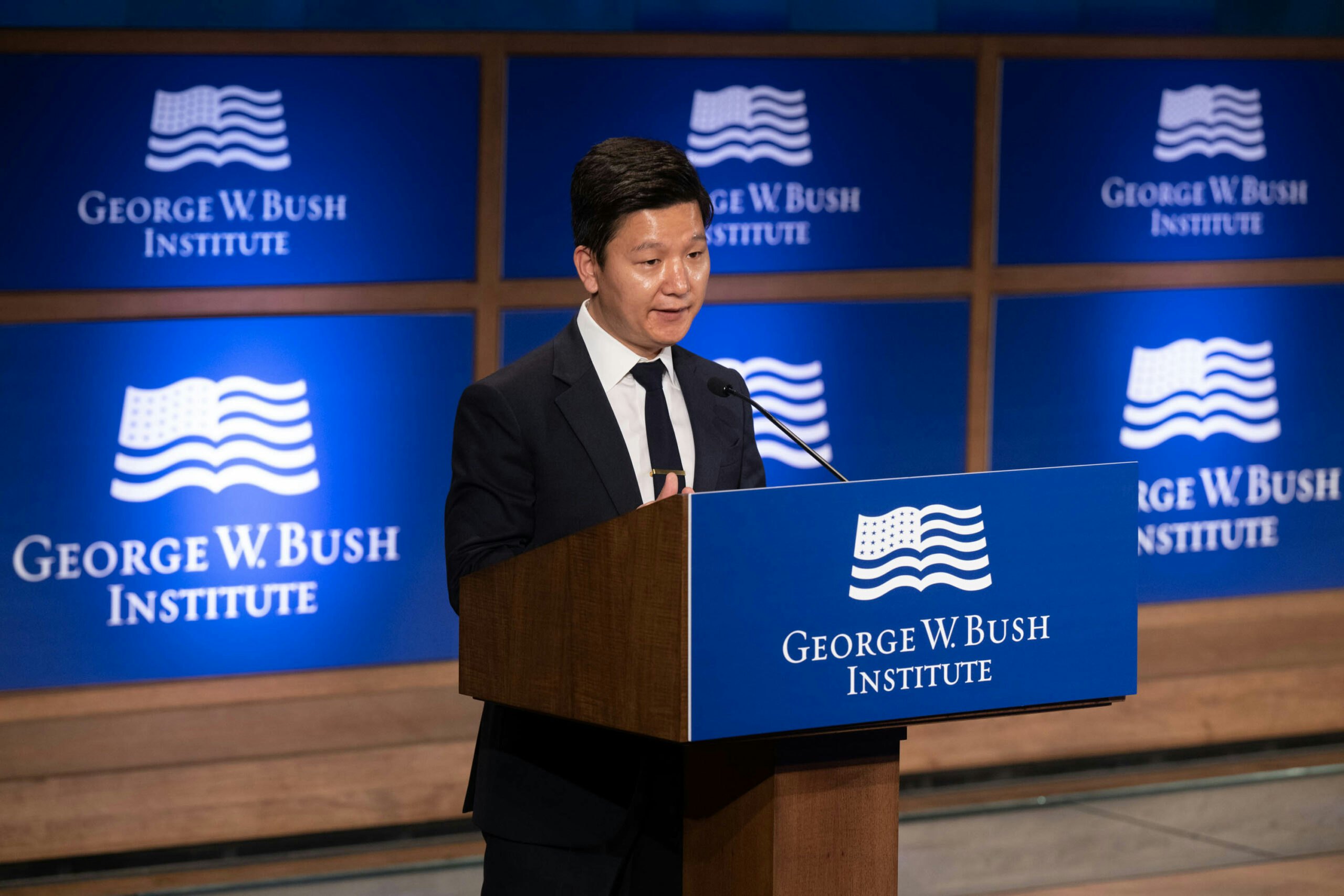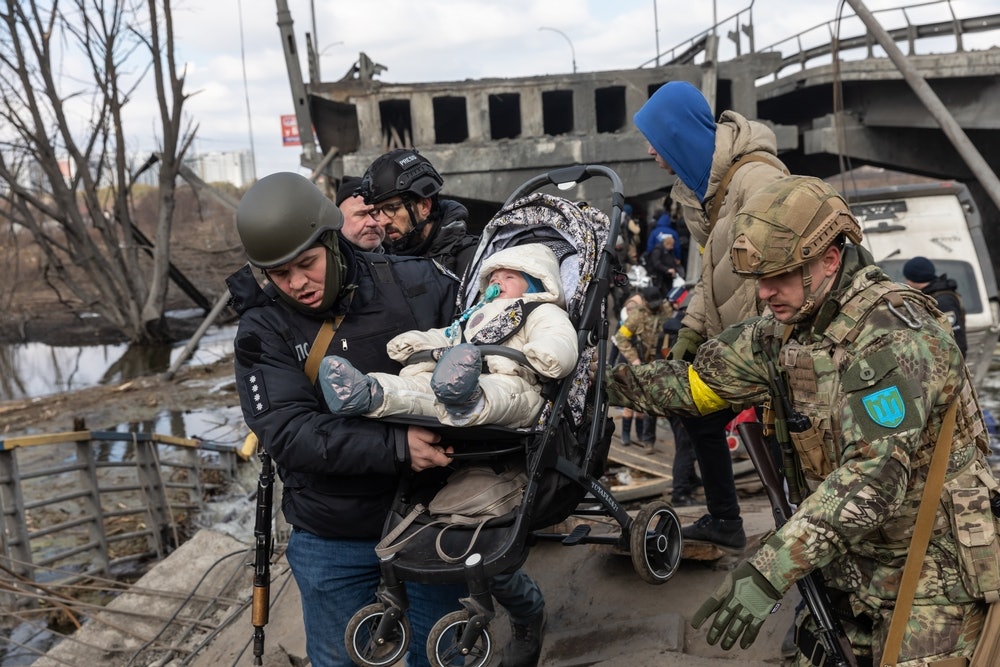Jessica Ludwig, Director of Freedom and Democracy at the George W. Bush Institute, discusses the recent release of more than 200 political prisoners in Nicaragua and what the United States and international community must do moving forward.
The day after 222 liberated Nicaraguan political prisoners arrived in the United States, Juan Sebastián Chamorro and Félix Maradiaga, two of seven former presidential candidates who had been unjustly imprisoned since running as opposition candidates against Nicaraguan president Daniel Ortega in 2021, expressed mixed emotions.
“We are enjoying the miracle of being free from prison, but we are not completely free,” Chamorro reflected at a joint press briefing.
The prisoners’ release on Feb. 9 was a moment of great joy, especially for those able to immediately reunite with family members who had long awaited and advocated for their freedom. But the Nicaraguan political prisoners were actually banished from the country and involuntarily stripped of their citizenship. The Ortega-aligned National Assembly voted to do so by amending Nicaragua’s Constitution while the political prisoners were in the air, en route to Washington, D.C.
While freedom for the political prisoners is worth celebrating, the husband-and-wife team of president Daniel Ortega and vice-president Rosario Murillo have continued to pursue a tight grip on political power. Now more than ever, the United States government and the international community must maintain pressure on the Ortega government until it implements meaningful reforms that would allow the Nicaraguan people to make their voices heard through free and fair democratic elections.
This must include the release of all political prisoners, as well as guarantees of freedom of assembly and freedom of the press. Citizenship should also be restored to those Nicaraguans who have been stripped of their freedom of movement in retaliation for expressing the desire to hold the country’s authorities accountable to the rule of law and democratic institutions.
Dozens of political prisoners remain unjustly detained in Nicaragua by some estimates. Those recently freed from prison attest to the darkest of conditions during their captivity. Human rights organizations have documented the frequent use of torture and solitary confinement by the Ortega regime since the government moved to violently repress free assembly and association after mass demonstrations against Ortega began in 2018.
Two political prisoners, including Catholic Bishop Rolando Álvarez, refused to leave the country. Álvarez, who had been previously held under house arrest, was promptly moved to La Modelo prison. Instead of moving forward with a court trial that had previously been scheduled for Feb. 15, a judge announced on national television that the bishop would be stripped of his Nicaraguan citizenship and sentenced to 26 years in prison.
Freedom of expression also remains severely restricted in Nicaragua. A series of police raids on the offices of several national newspapers and the revocation of broadcasting licenses for radio and television stations in 2022 has led to the closure of media outlets independent of government control.
The Ortega regime has essentially sought to neutralize the ability of its most vocal critics to organize a domestic political challenge to its concentration of power. The country’s most prominent opposition voices, who had already been banned from running for public office, have now been physically forced out of the country. They join the hundreds of thousands of Nicaraguans who have already fled since the government’s violent crackdown in 2018.
With the darkest days of his unjust detention behind him, Chamorro emphasized that he harbors “no feelings of hate or revenge” towards Ortega and his regime. Instead, he reflected on the road ahead: “There is always a light, and the responsibility of those of us who live in freedom is to keep the hope of freedom alive.”
It is therefore our duty, in the international community, to give space and oxygen to sustain this light of hope for democratic change for the people of Nicaragua.






























